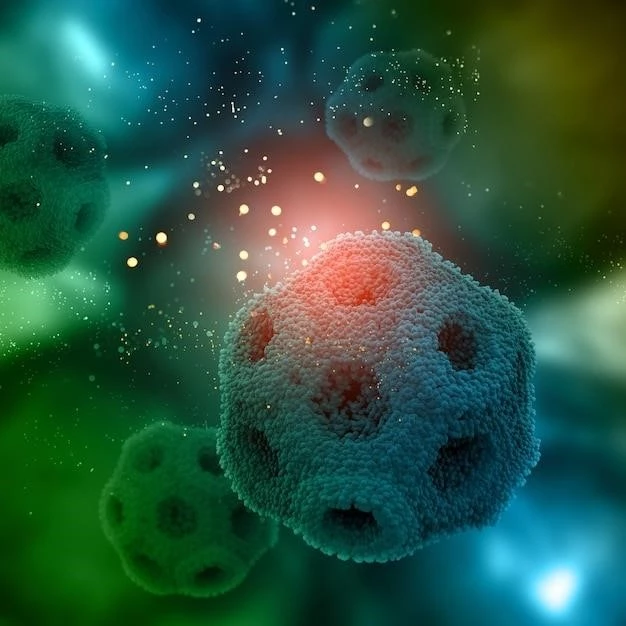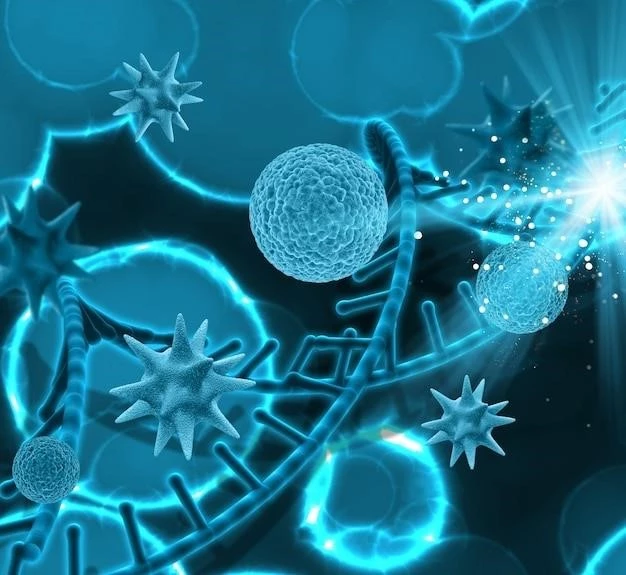Actinomycetales Bacteria Overview
Learn about Actinomycetales bacteria, a diverse group with unique characteristics and functions․
What are Actinomycetales Bacteria?
Actinomycetales are a group of gram-positive bacteria known for their filamentous structure․ They play vital roles in soil ecology, drug production, and human health․ Some Actinomycetales species can cause infections but many are beneficial in various industries․
Anal Infections⁚ Causes and Symptoms
Explore the causes and symptoms of anal infections, including those related to Actinomycetales․
Common Causes of Actinomycetales Anal Infections
Actinomycetales anal infections can be caused by poor hygiene, compromised immunity, or prolonged antibiotic use․ These bacteria may also enter the body through mucous membranes or breaks in the skin, leading to infections in the anal region․
Symptoms of Actinomycetales Anal Infections
Common symptoms of Actinomycetales anal infections include pain, swelling, discharge of pus, and the formation of abscesses in the anal area․ Patients may experience discomfort during bowel movements and notice changes in their bowel habits․ Seeking medical attention is essential for proper diagnosis and treatment․
Understanding Actinomycetales Disease Transmission
Learn how Actinomycetales infections are transmitted and ways to prevent their spread․
How Actinomycetales Infections are Transmitted
Actinomycetales infections are typically transmitted through direct contact with infected individuals, ingestion of contaminated food or water, or exposure to spores in the environment․ Poor hygiene practices and compromised immune systems can increase the risk of transmission․ Understanding the modes of transmission is crucial for prevention․
Diagnosis and Treatment of Actinomycetales Anal Infection
Discover how Actinomycetales anal infections are diagnosed and the treatment options available․
Diagnosing Actinomycetales Anal Infection
Diagnosing Actinomycetales anal infection involves physical examination, imaging tests like MRI or CT scans, and laboratory analysis of samples․ Clinicians may also perform biopsies to confirm the presence of Actinomycetales bacteria in the affected area․ Early and accurate diagnosis is crucial for effective treatment․
Treatment Options for Actinomycetales Anal Infection
Treatment for Actinomycetales anal infections typically includes antibiotics such as penicillin or tetracycline to eliminate the bacteria․ In severe cases, surgical intervention may be necessary to drain abscesses or remove infected tissue․ It is essential to complete the full course of treatment as prescribed by a healthcare provider to ensure recovery and prevent recurrence․
Prevention Strategies for Actinomycetales Infections
Explore effective preventive measures to avoid Actinomycetales anal infections and stay healthy․
Preventive Measures to Avoid Actinomycetales Anal Infections
To prevent Actinomycetales anal infections, maintaining good hygiene, practicing safe sex, and avoiding sharing personal items are essential․ Strengthening the immune system, managing chronic conditions, and seeking prompt treatment for any infections can help reduce the risk of Actinomycetales infections in the anal area․
Actinomycetales Research and Developments
Stay updated on ongoing research efforts focused on Actinomycetales bacteria and their impact․
Ongoing Research on Actinomycetales Bacteria
Current research on Actinomycetales bacteria focuses on understanding their antibiotic-producing abilities, ecological roles, and potential applications in biotechnology and medicine․ Scientists are exploring new treatment options, studying their genetic makeup, and investigating ways to harness their beneficial properties for various industries․
Global Impact of Actinomycetales on Public Health
Explore the significant implications of Actinomycetales bacteria on global public health efforts․
Public Health Concerns Related to Actinomycetales
Actinomycetales pose public health concerns due to antibiotic resistance, potential for causing chronic infections, and challenges in treatment․ Surveillance, education on proper hygiene, and research on new treatment strategies are essential to address these concerns and protect public health․

Addressing Misconceptions about Actinomycetales Anal Infection
Clarify common misconceptions and provide factual information about Actinomycetales anal infections․
Common Misconceptions and Facts about Actinomycetales Anal Infections
Misconceptions about Actinomycetales anal infections include thinking they are solely sexually transmitted․ In reality, they can also result from poor hygiene or compromised immunity․ Understanding the multiple causes is crucial․ Seek medical advice for accurate diagnosis and treatment․
